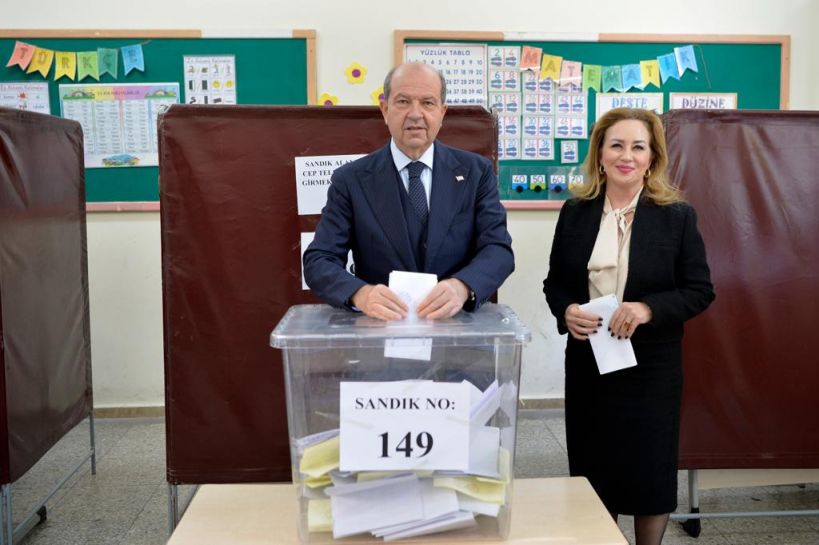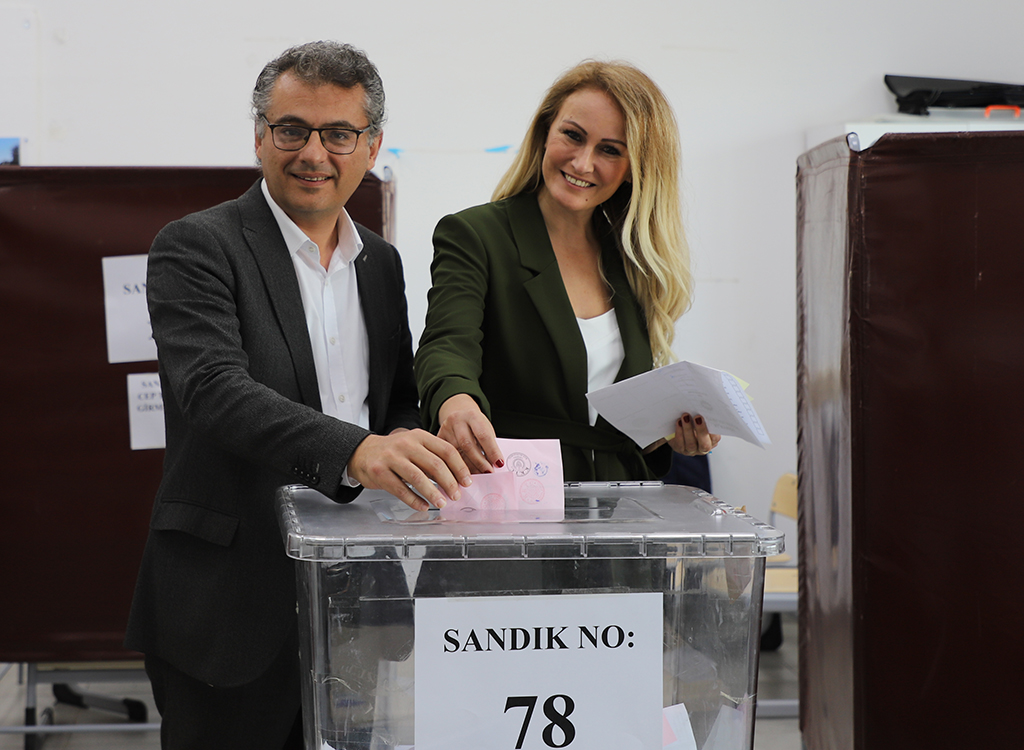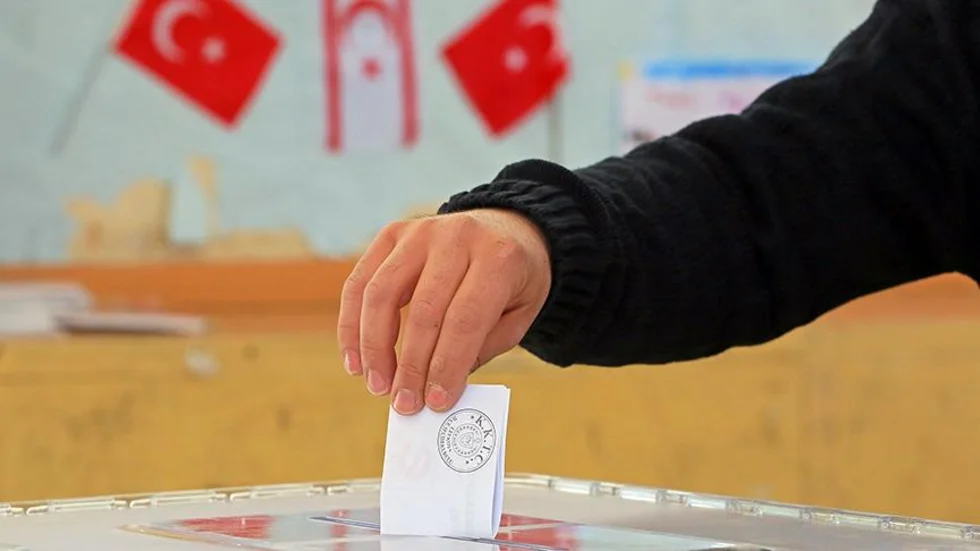The number of people registered to vote in the north was exactly 217,056 as of the end of July, Turkish Cypriot supreme court chief justice Bertan Ozerdag said.
That figure is a little shy of 1,500 more than the figure given at the end of May, with the cutoff point for people to be included on the north’s electoral roll ahead of the forthcoming Turkish Cypriot leadership election set as September 14.
In total, he told the north’s Tak news agency, there are 70,162 voters registered in the Nicosia district, 53,874 in the Famagusta district, 49,042 in the Kyrenia district, 21,585 in the Trikomo district, 15,272 in the Morphou district, and 7,121 in the Lefka district.
He pointed out that at the last Turkish Cypriot leadership election in 2020, a total of 198,957 people were registered to vote in the first round, while there were exactly 210,121 registered voters at the time of the most recent major election to take place in the north, a ‘parliamentary’ by-election which took place in June 2023.
For this reason, he said, a total of 777 ballot boxes will be placed around the north in advance of the election – an increase of 39 on the previous Turkish Cypriot leadership election.
“At the previous presidential election, the number of ballot boxes was 738. There has been an increase of around 18,000 voters in five years. As such, 39 ballot boxes have been added,” he said.
He added that a total of 2,820 people will be “on duty” on election day, with those people including people working on district election boards, IT personnel, and employees of the north’s supreme election council.
Additionally, he sought to remind voters to only vote for one candidate and only use the voting stamp once.
“The voting process will be extremely simple. Voters will only need to stamp the paper for their preferred candidate once. Multiple stamps or incorrect stamping may invalidate the ballot. It is crucial for people to be careful while voting. The stamp must be used once, and clearly,” he said.
He also moved to allay concerns regarding the reliability of the counting of votes, saying those concerns are “unfounded”.
“Our system operates with oversight and verification at every stage. It is impervious to external interference,” he said, adding that the ballot boxes are opened and votes are counted in front of members of “all political parties”, and that “any decision regarding any vote is open to objection”.


The number of people registered to vote in the north is more than double the number of Turkish Cypriots who live in the north who were registered as voters at last year’s European parliament elections.
That figure stood at 103,269, with the discrepancy coming about because many citizens of the ‘TRNC’ are not citizens of the Republic of Cyprus on account of the Republic’s strict laws regarding the acquisition of citizenship of children of “mixed marriage”, wherein one of their parents is Turkish Cypriot and the other is not.
In addition, many ‘TRNC’ citizens were born on the island to non-Cypriot parents and are thus not recognised as citizens by the Republic of Cyprus, while a growing number of people have been naturalised as ‘TRNC’ citizens while having no ties to the Republic of Cyprus.
At last year’s European parliament elections, a total of 834 Turkish Cypriots who live in the Republic were registered to vote. They are not eligible to vote in the north, as the north’s own regulations stipulate that only people living in the north are able to vote.
The north’s ruling coalition has in the past expressed its intention to change this and enfranchise Turkish Cypriots living across the world.
Were Turkish Cypriots abroad to be afforded the vote in Turkish Cypriot elections, future election results could be decisively changed by the diaspora, such is its size, and the fact that Turkish Cypriots living abroad are typically more conservative and pro-Turkey than the average Turkish Cypriot living on the island.
The British parliament’s home affairs committee estimated in 2011 that there were 300,000 Turkish Cypriots living in the United Kingdom at the time, with Turkey’s scientific and technological research council (Tubitak) having estimated that 500,000 Turkish Cypriots live in Turkey and 120,000 live in Australia.






Click here to change your cookie preferences